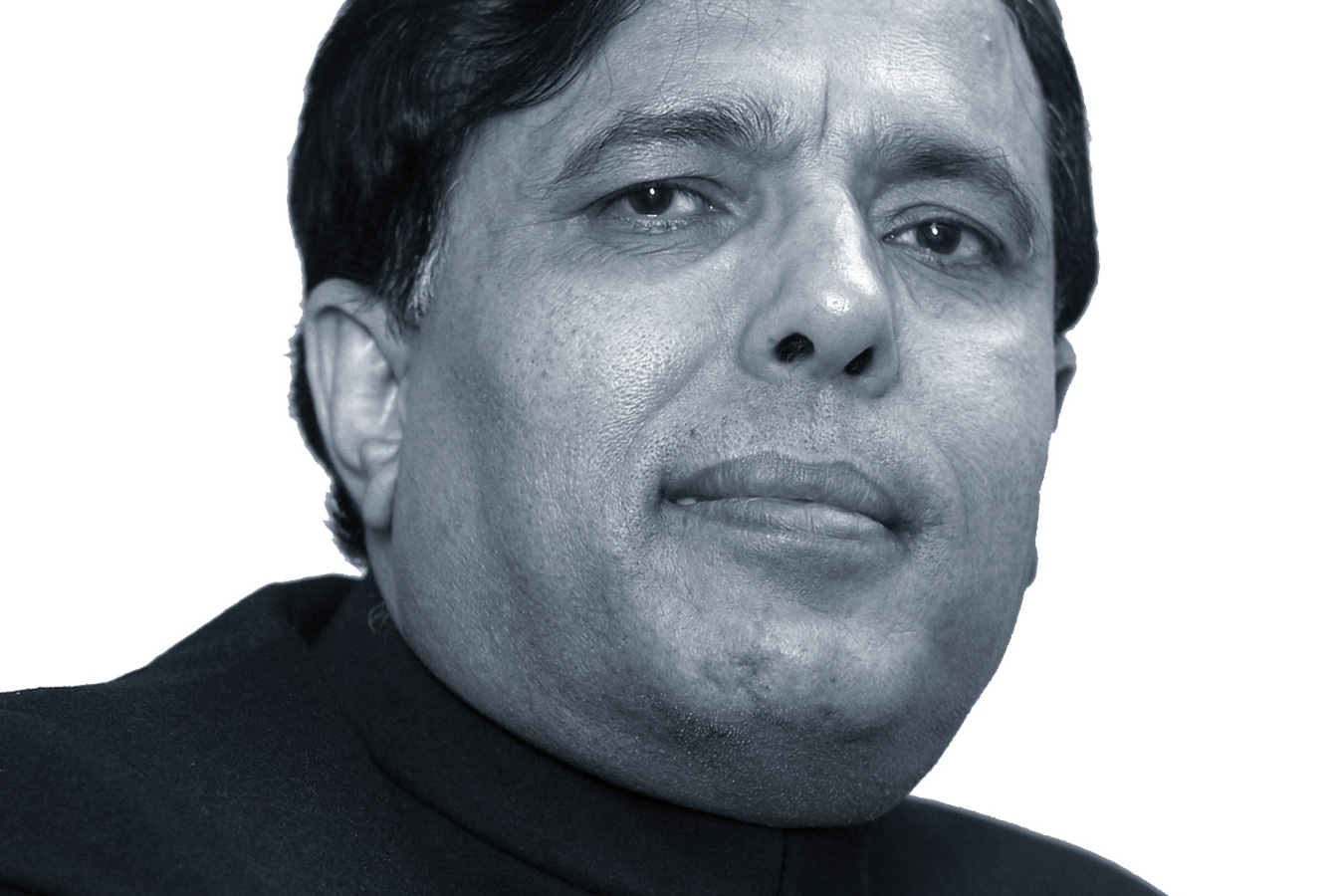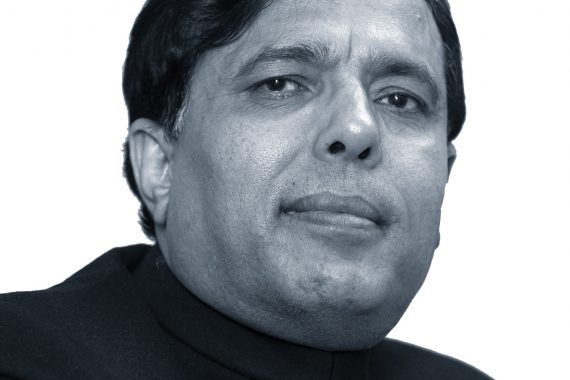
Health workers, doctors, nurses, activists and unions all marched with a unified voice in central London on Saturday to protest against government policies that are dismantling the NHS and failing to act to ease the winter crisis.
Meanwhile Donald Trump, who is fighting with democrats to repeal ‘Obamacare’ tweeted: ‘The Democrats are pushing for Universal HealthCare while thousands of people are marching in the UK because their NHS is going broke and not working. Dems want to greatly raise taxes for really bad and non-personal medical care. No thanks!’
Health secretary Jeremy Hunt responded via Twitter by saying that while he disagreed with the opinions of some of Saturday’s marchers, ‘not ONE of them wants to live in a system where 28m people have no cover’.
Labour leader Jeremy Corbyn also denounced Trump’s view: ‘Wrong. People were marching because we love our NHS and hate what the Tories are doing to it. Healthcare is a human right.’
Even under huge pressure, the NHS remains the best, safest and most affordable healthcare system out of 11 countries ranked by experts
Even when NHS funding is being squeezed by this government and both GP (primary care) and hospital services are coming under huge pressure under Jeremy Hunt’s tenure as secretary of state for health, the NHS remains the best, safest and most affordable healthcare system out of 11 countries analysed and ranked by experts from the influential Commonwealth Fund health think-tank.
The UK came first in four of the 11 categories. It was judged to deliver the safest care, be the best at ‘care processes’, provide the most affordable care and offer the most equity.
For all its problems – an overstretched workforce, increasing waiting times, bureaucracy, poor IT – the health service remains a national treasure. Every day it changes people’s lives. In one day, 1,300 people will die, 2,000 will be born and 1.5 million will be treated by the NHS.
It is worth looking at a comparison of healthcare systems in the UK, and USA. The US (whose healthcare system we risk emulating) has the shortest life expectancy despite spending 17.2% of its GDP on healthcare. The US ranked last on performance overall, and ranked last or near last on access, administrative efficiency, equity, and health care outcomes domains.
Despite putting the most money into health, America denies care to many patients in need because they do not have health insurance; it is also the poorest at saving the lives of people who fall ill.
One reason for this in my view is that only 12.3% of US doctors are GPs. Compare this to the UK, where GPs make up 20% of the NHS physician workforce and provide 90% of the care, enabling it to provide some of the best outcomes while coming out most cost-effective.
But a combination of rising patient demand, staff shortages and falling funding is undermining the very foundations of the NHS, as is constant short-term interference from politicians of all colours.
Ongoing ideological disruption of the world’s most cost efficient health service increases healthcare costs. Administrative costs now account for nearly a quarter of NHS spending. Some of that spending needs to be clawed back and spent on the frontline, particularly, primary care.
Mr Hunt, if you mean what you said in your tweet, an urgent priority now is to support and strengthen GPs and restore primary care funding to at least 11% . Remember, primary care is the backbone of the NHS.
Dr Kailash Chand is a retired GP from Tameside and is honorary vice-president of the BMA
Pulse October survey
Take our July 2025 survey to potentially win £1.000 worth of tokens














